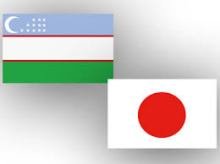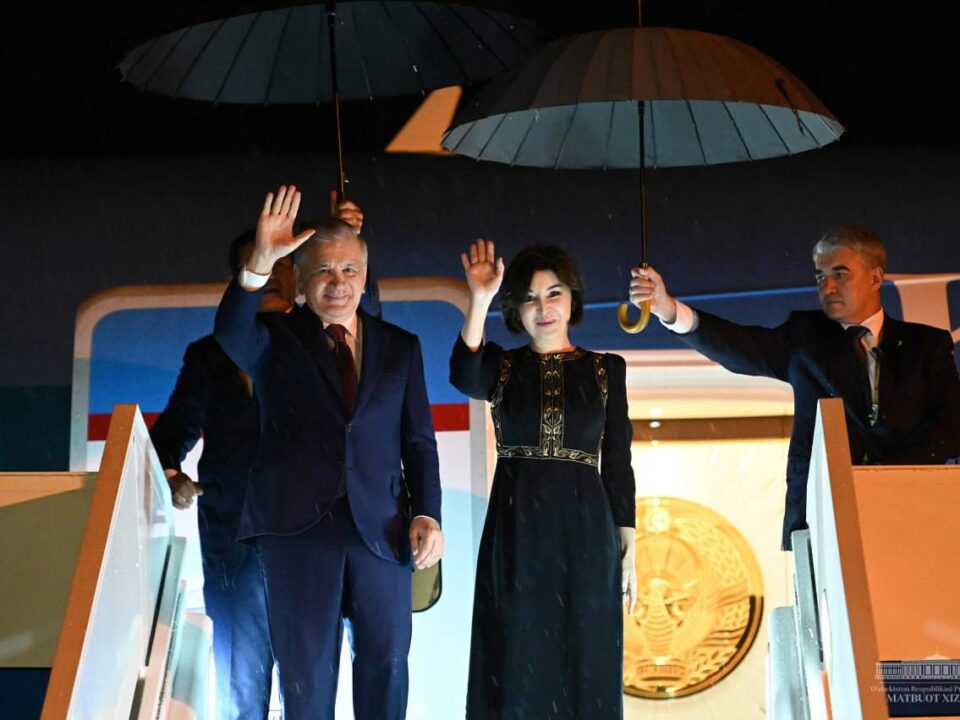Culture
 A joint Japanese and Uzbek tea ceremony “Sakura and almond blossoms” took place in the capital’s Japanese garden yesterday.
A joint Japanese and Uzbek tea ceremony “Sakura and almond blossoms” took place in the capital’s Japanese garden yesterday.
The event was organized by the Embassy of Japan in Uzbekistan and ceramics studio of the Rakhimovs with the assistance of the National Exhibition Company “Uzexpocentre”.
Ambassador Extraordinary and Plenipotentiary of Japan to the Republic of Uzbekistan Mr. Fumihiko Kato made a welcome speech at the event.
Japanese tea ceremony is a specific form of ritualized form of joint tea consumption, created in the Middle Ages in Japan and cultivated up to now. According to various sources, the beginning of the use of tea in Japan refers to the VII-VIII centuries AD. It is believed that it was brought by Buddhist monks, for whom tea was considered a special drink; it was drunk during meditation and brought to the Buddha. The tea ceremony became an integral part of Japanese culture and is closely linked with many other cultural phenomena, such as ikebana, calligraphy.
The ritual of drinking tea is also an integral part of the traditional culture of the Uzbek people, and occupies an important place in the life of every human being. Treat of tea reflects the true human values, creates an atmosphere of hospitality, kindness, communication, mutual understanding and respect to the traditions of other nations. This is a custom that is passed from generation to generation, and carefully preserved over the centuries. Every guest who comes to the house is always served this amazing drink. The tea ceremony is closely related to other species and forms of art – ethnography, literature, music, ceramics, embossing, embroidery and ancient traditions of cooking sweets.
Participants of the event in addition to exploring the traditions of Uzbek and Japanese tea ceremony also attended the exhibition of Japanese culture and works of Akbar Rakhimov and Alisher Rakhimov.
It should be noted that Rakhimov’s dynasty, one of the most famous in Uzbekistan, has six generations of masters of ceramics, and Mukhitdin Rakhimov is one of the most outstanding of its representatives, who left a significant mark in the development of national ceramics in Uzbekistan. To date, Akbar Rakhimov and his son Alisher are actively engaged in creativity and continuation of the traditions of the dynasty, improving skills and passing the art to the next generation, thereby contributing to the development of national crafts of Uzbekistan.

























